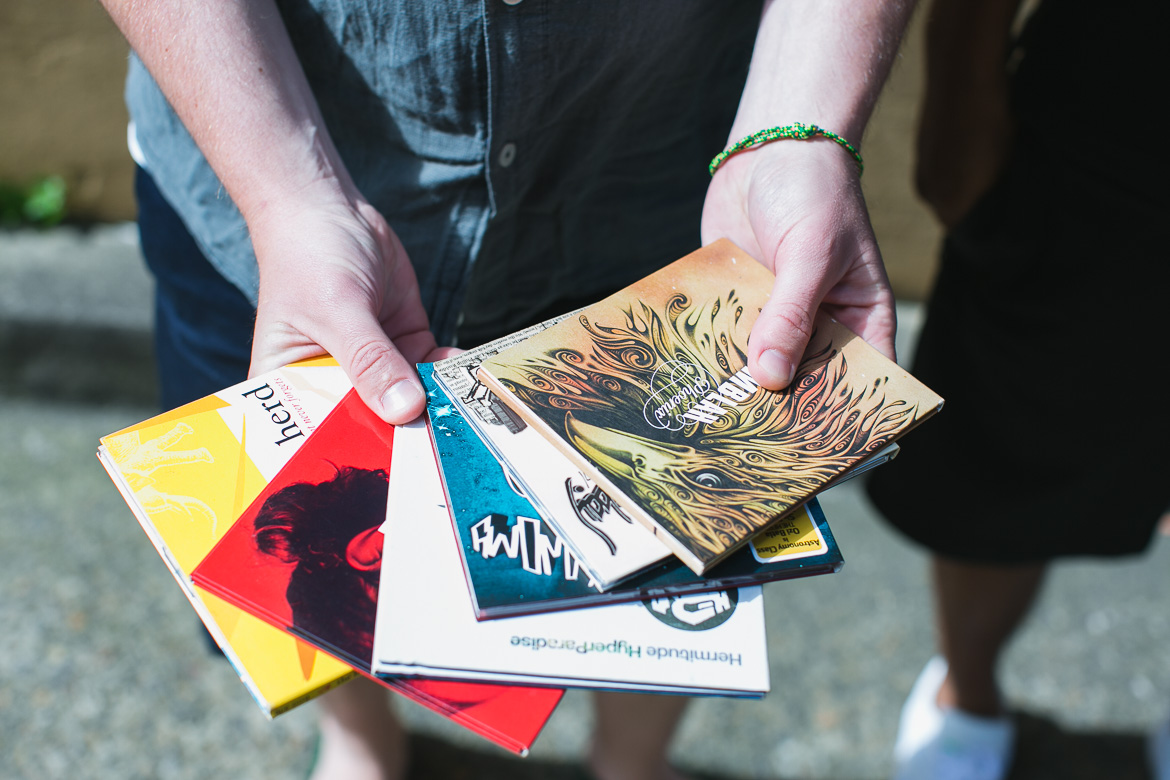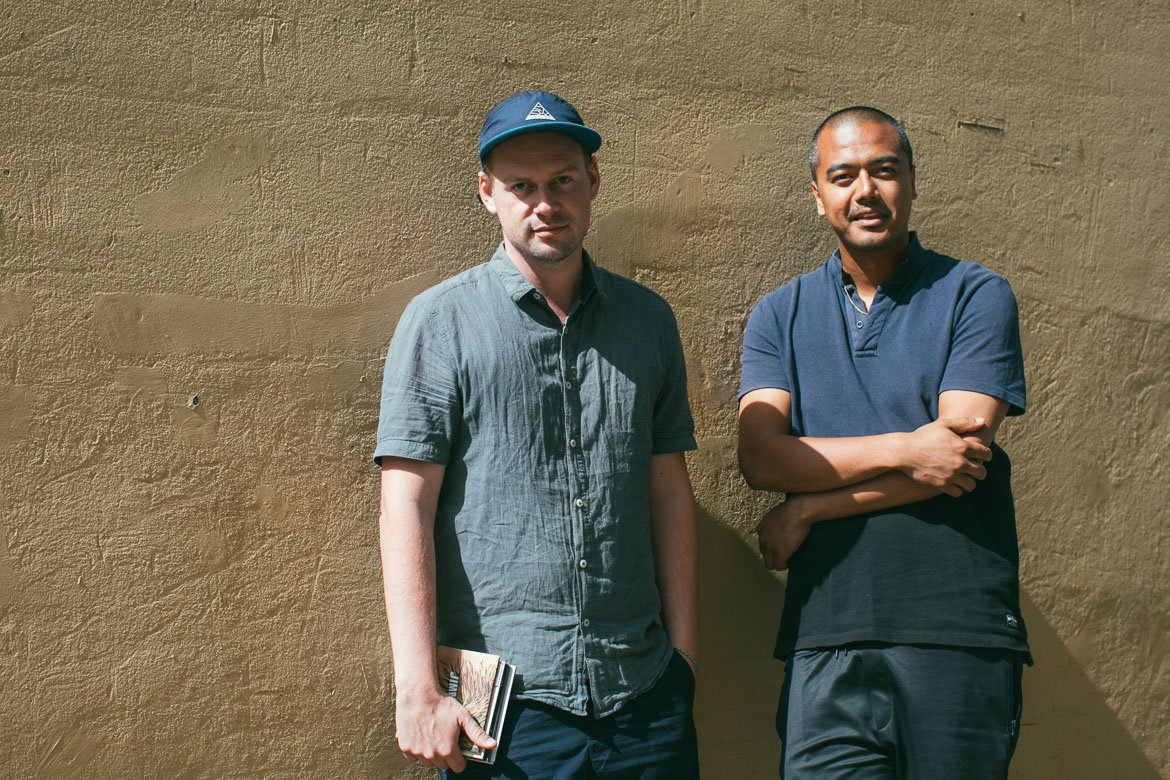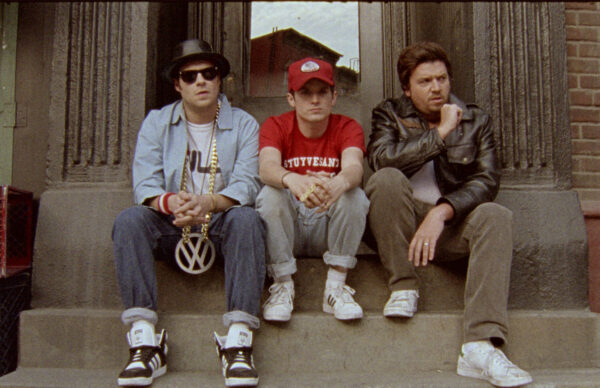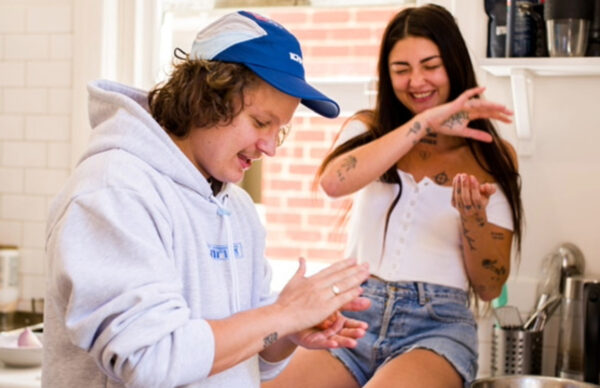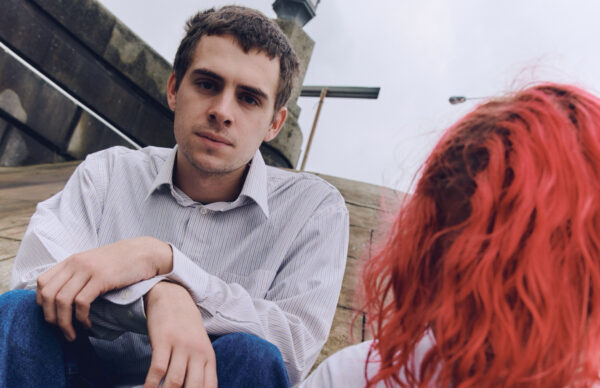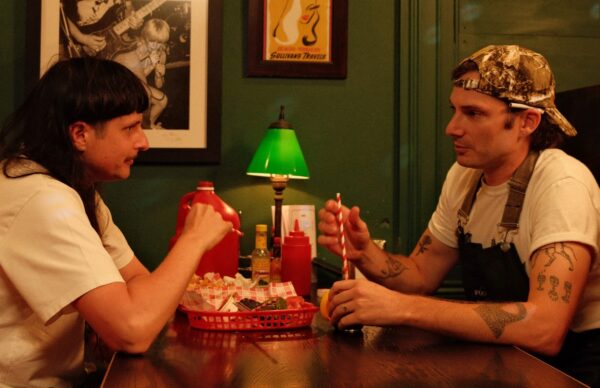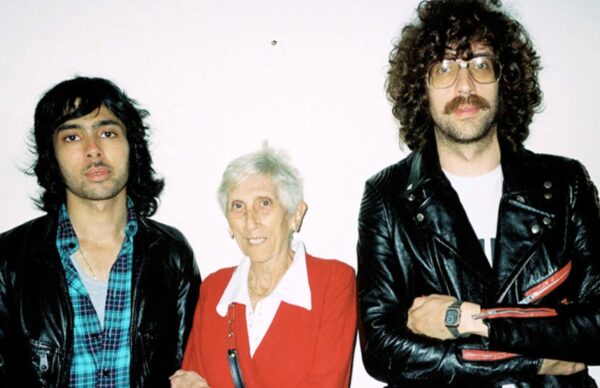Words by Christopher Kevin Au // Images by Jack Bennett
Since emerging close to a decade ago, Sydney duo Horrorshow have become one of the country’s most distinctly captivating hip-hop outfits.
Pairing Solo’s introspective rhyming with Adit’s equally pensive production, they’ve blossomed from their Inner-West origins to capture a generation of listeners, with sounds evoking images of train tracks and nights alone with a bottle of liquor. It’s no wonder that their One Day colleague Jimmy Nice says that “Horrorshow lyrics are the most tattooed lyrics in the genre” – they’ve connected with audiences on a poignant level rarely experienced.
Since their blaring debut The Grey Space in 2008, Horrorshow have called Elefant Traks home. The Sydney-based label is rooted in hip-hop, but fiercely dedicated to bridging gaps between genres and generations while uncovering new artists. Anyone familiar with local hip-hop will tell you that the influence of Elefant Traks has been immeasurable, and the label will soon be celebrating their 18th birthday in Sydney on December 10.
The party will see Horrorshow perform alongside the label’s roster including B Wise, L-Fresh The Lion, The Herd, The Last Kinection and more. You’re invited to the Redfern shindig, and you can grab tickets right here. The gig comes as Horrorshow are preparing to release their fourth album, with a new single ‘Push’ premiering tonight from 6:00pm on Triple J. Meanwhile, previous single ‘If You Know What I Mean‘ is staying on high rotation.
Having worked with Elefant Traks for so long, we teamed up with Horrorshow to pick and break down six landmark releases from the label’s illustrious catalogue – and trust us, there’s a lot of gems on here. See what Solo and Adit had to say below, and head to Redfern next month to celebrate with the whole crew:
THE HERD – AN ELEFANT NEVER FORGETS (2003)
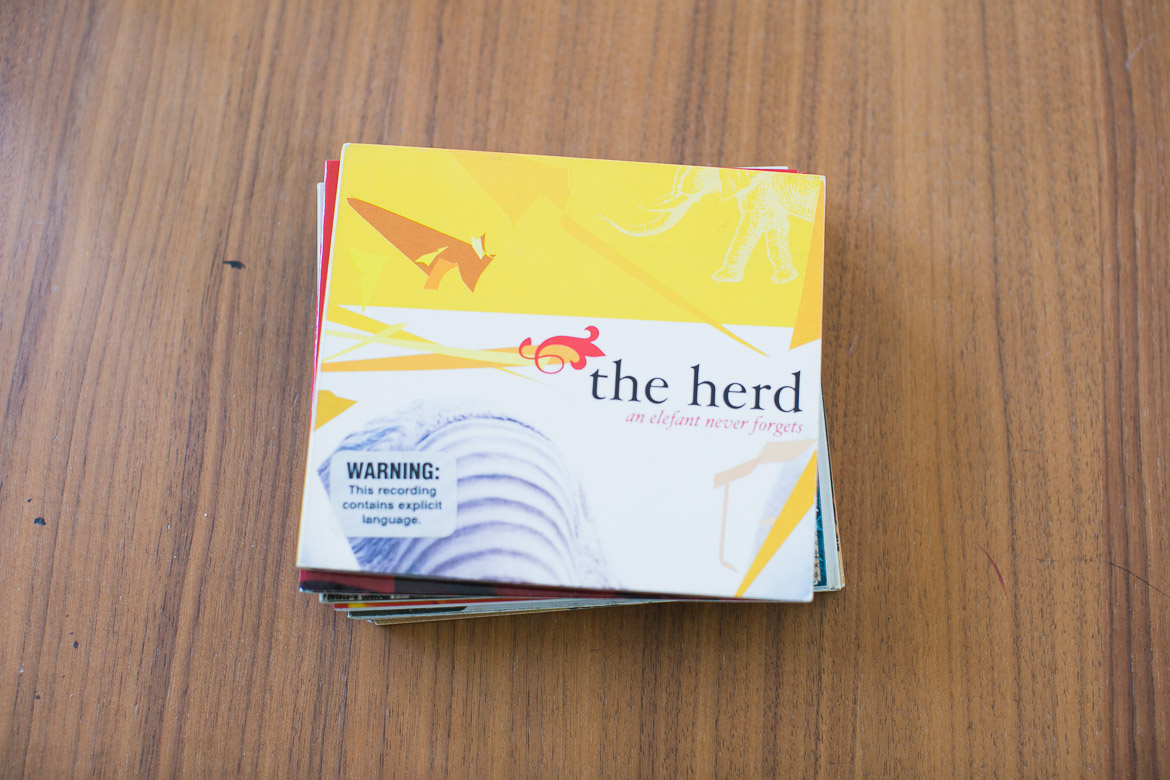
Two singles on this album were especially important: ‘Burn Down The Parliament’ and ‘77%’. How do you feel that over a decade later, these singles still seem to be as relevant as ever?
Solo: I guess we don’t necessarily feel good that those songs are still as relevant and needed in Australia and the world today. But it’s also a testament to how much those songs hit the nail on the head and how distinctly Australian they are, and how in tune they are with the Australian social landscape… I was at a rally that wound up out the front of NSW Parliament House. There was your usual Subsonic bush doof crew – shouts to DJ Migz – they brought down their massive sound system on wheels and they were playing ‘Burn Down The Parliament’ and ‘77%’. That’s 13 years later, and hearing those songs come on and seeing the way they invigorated the crowd – but also brought them joy, they’re songs you can dance to and smile to at the same time you’re getting fired up. It’s a reflection on The Herd and the classic legacy they have.
Adit: It’s iconic protest music of our time and our generation. It’s sad that a song like ‘77%’ is still as relevant now as it was when it was released, but that’s the beauty of having it down on music. It’s timeless, and you can go back to something like this and learn something about our world, how to improve it and reflect on where it’s at… It’s so in tune with Australian identity – the positives that are there in our culture and the things we need to work on. The Herd and their legacy tapped into so much of that, and did it in such an honest and real way.
Solo: This one came out when we were still in school. I can remember buying it at Next Level, listening to it on my discman and I’d never really heard anything like it at the time. It was so distinctly and proudly Australian, and such an interesting mix of folk music and music from other parts of the world mashed in. It was a great representation of what The Herd is all about.
Adit: The 12 months leading up to this album dropping, we were in Year 9. That’s when I was really starting to connect with hip-hop more than just being music to party to, but the culture as a whole – listening to American acts like Mos Def, The Roots, Common or Dead Prez. This record – even though musically it’s so different – the spirit of it and social conscience, there’s a direct link there and that’s one of the first connections I made. It was really inspiring at that time.
SKY’HIGH – FOREVER SKY’HIGH (2012)
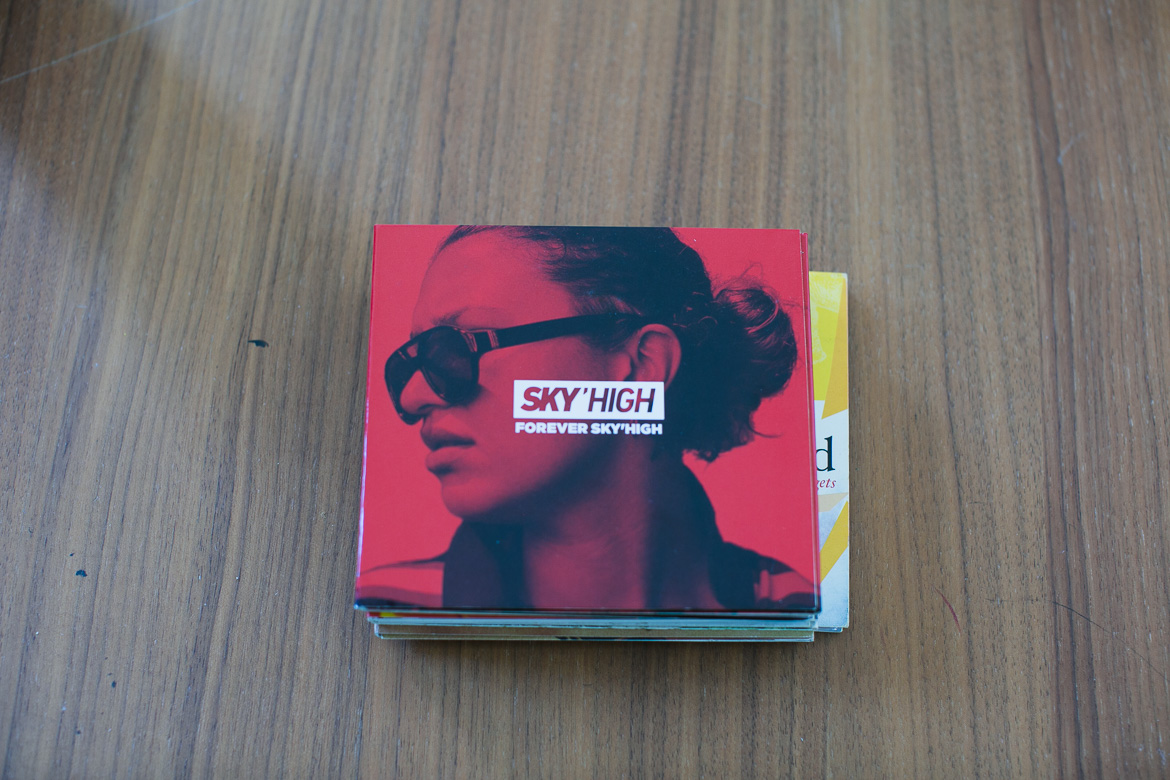
Sky’High was a huge surprise signing for Elefant Traks, seeing as her background in Sydney Serchaz made her a little different from what the label’s usual fanbase was used to. What was the feeling within the label when it was announced that she was joining the roster?
Adit: I think it was excitement. At the time she was something that we hadn’t really seen in local hip-hop – someone from her background, growing up in the projects in Glebe. She was telling a different story. She’s a fiery rapper, she has so much attitude. She teamed up with P-Money, and the songs they created were aggressive and of the streets.
Solo: I remember excitement as well. I also remember some conversations leading up to signing her. I remember Urthboy asking me what I thought about Elefant Traks signing Sky’High, and I gotta be honest – I remember saying “I don’t know how that will go” – just in terms a normal Elefant Traks audience and a Sky’high audience, they’re pretty different demographics…
But we all undoubtedly saw her talent and I think that’s one of the dopest things about Elefant Traks. Time and time again, they have recognised somebody’s talent and put the resources and time and energy behind that thing to give it a platform… They do take risks in saying we believe in this person and their talent. I’m glad that they did because Sky is super dope, and the music that she’s put out on Elefant Traks has been sick. It has a great energy…
You asked about bringing different audiences into the Elefant Traks fold, and it’s an interesting question because for a time there was a tendency for people – especially in Sydney – to think of Elefant Traks as this inner-city, leftie, middle class thing. Elefant Traks isn’t that, and has never been about preferencing that story or perspective. It’s always been about providing that platform for important voices. I’m glad you asked about this one.
JIMBLAH – PHOENIX (2013)
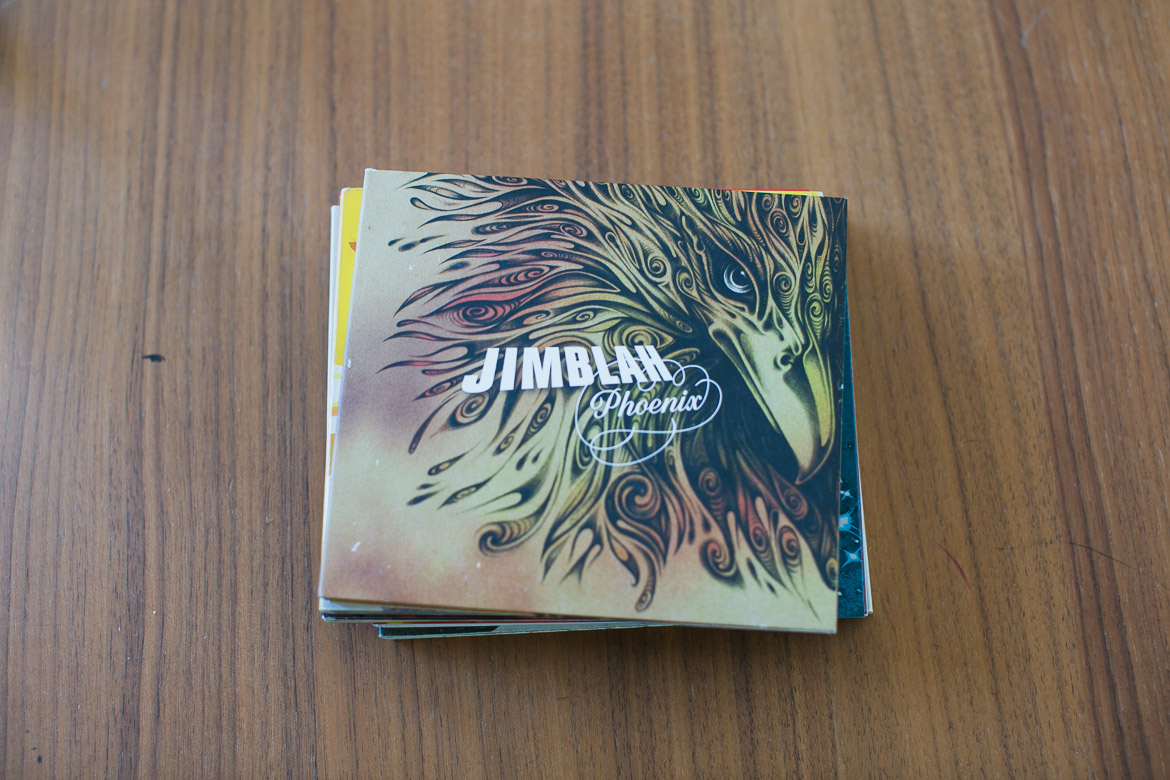
This album is a lengthy statement on the Indigenous experience in Australia. Listening to it, what are the main emotions and responses you are hearing regarding Aboriginal people’s relationship with wider Australia?
Adit: This album is really special. There’s this great strength to it, but also a sense of sadness about it as well. Jimblah’s called it Phoenix – using that metaphor, it’s rising from the ashes – this idea of perseverance or survival which is so central to the Indigenous experience in this country. That, more than anything, is communicated in this record. He’s so emotive, he can pluck your heartstrings and make you feel exposed and vulnerable.
Solo: I love this album too. We took Jimblah on tour with us in 2013 off the back of this record, so we’ve heard it a lot, being on tour with it and seeing the way it moves people. Jimblah is an incredibly important artist and an amazing talent – he’s what they call in showbiz ‘the triple threat’: A crazy producer, a crazy rapper, a crazy singer. From the ground up, he can construct a canvas and paint on that canvas to say what he wants to say.
He’s made some really powerful statement on the Indigenous experience in this country. The lead single ‘March’ got a lot of airplay and it was amazing to see that, because so much of the song is so stripped-back and raw. He’s able to articulate so much about the struggle and pain, but also the joy and vibrancy of Aboriginal people. It’s mad to see those messages getting communicated in such an emotive way.
HERMITUDE – HYPERPARADISE (2012)
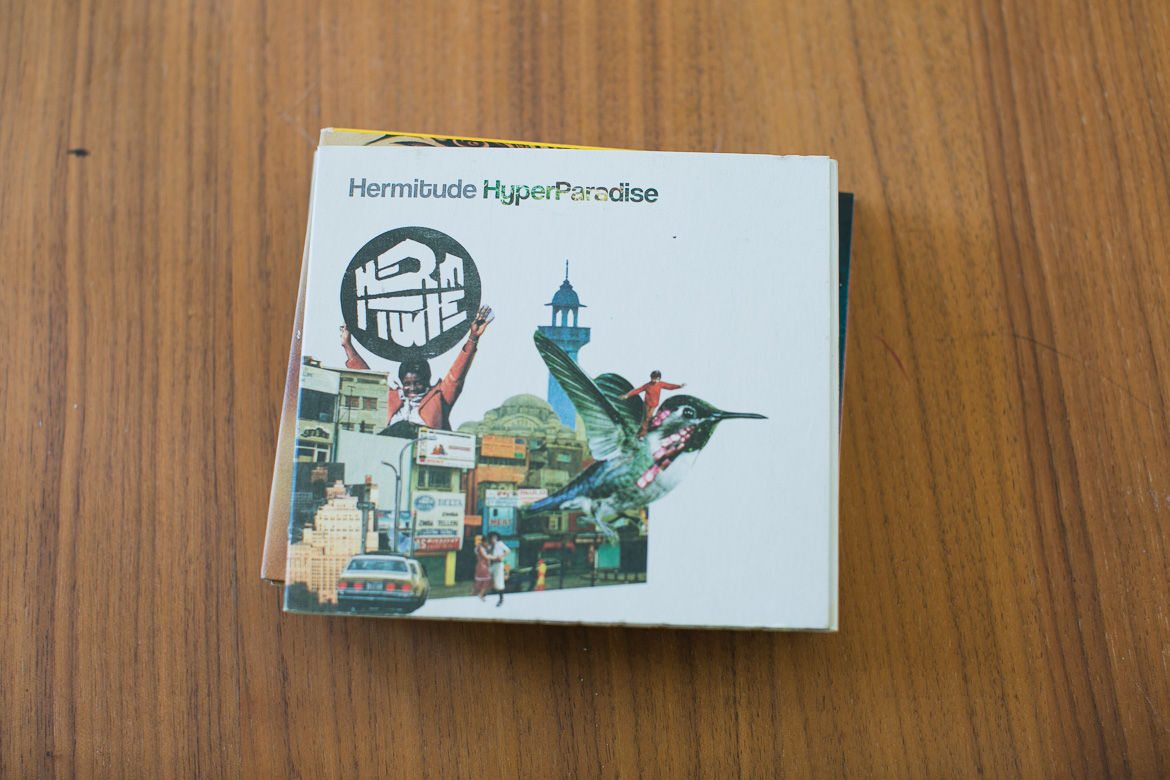
Nowadays it’s basically staple for hip-hop acts to mess with electronic production and vice versa. How do you think Hermitude have shaped this sort of crossover aesthetic, especially within the ‘Australian sound’ that has dominated the dance scene over the past few years?
Adit: They’ve been instrumental in shaping where electronic instrumental music is now. Albums like Threads is when they first started making the foray into heavy synth sounds and production in 2008 – there were very few acts in the country doing that at the time, the only other I can think of is Seekae. Acts like Flume came a few years after that. I really put Threads down as the start of very synth-heavy, bass-heavy instrumental electronic music in this country. It was a professor to HyperParadise, which was their breakout record that put them on the map. Their influence is unparalleled.
Solo: These guys were flying the flag for instrumental music in this country for such a long time. Hermitude were the first artists to sign to Elefant Traks – that just goes to show how long Hermitude have been making music. They’ve never put out a bad album, their sound has progressed but they’ve always done what their feeling at the time at such a high quality.
The problem for them before was that people didn’t hear them because it was hard for instrumental music to get on the radio, but they’ve always been incredibly dope. But now, we have the rise of instrumental and beat-based music around the world and Australia – and let’s not forget that they played a very important role in a very important moment of all that, which was the Flume HyperParadise remix. It’s super anthemic and representative of that whole explosion.
The boys would probably be way too humble to brag about that, but I can sit here and do it for them. Through that moment and through this album, they were able to reach their next stage where everybody heard their music and everybody fell in love with it, because it’s been incredible since day dot.
URTHBOY – THE SIGNAL (2003)
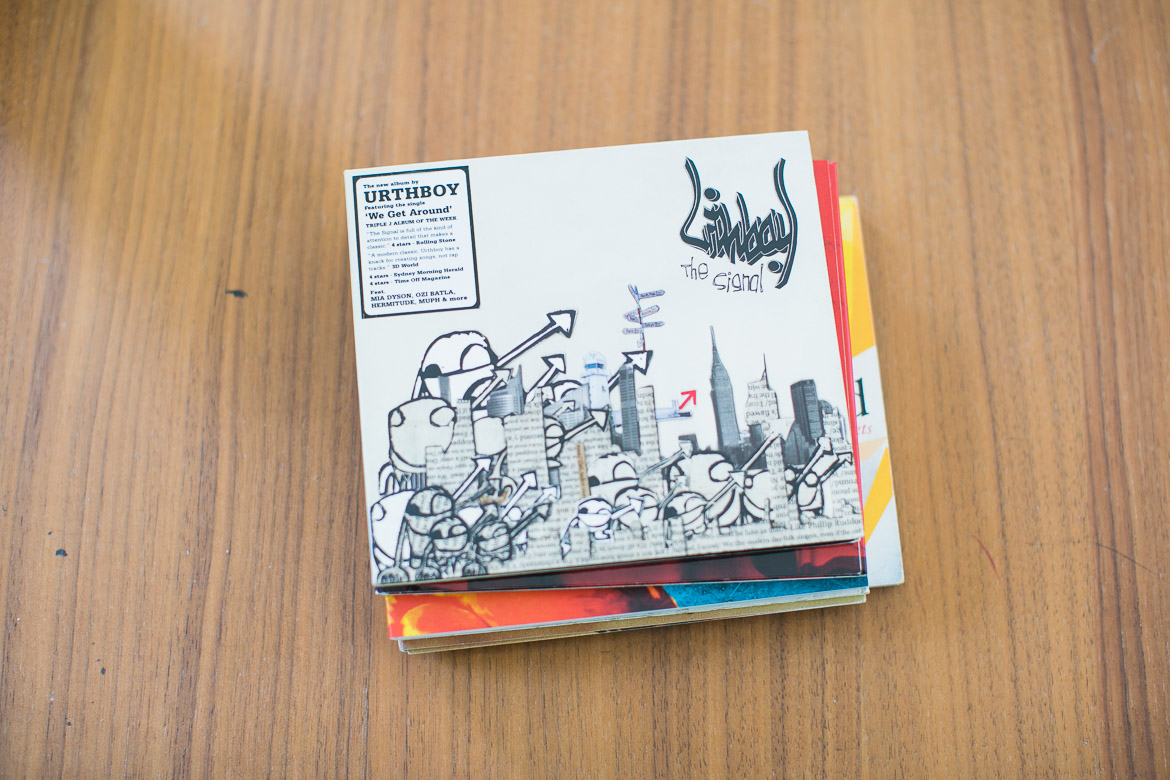
From his solo work to The Herd to Elefant Traks, has there been a more influential local hip-hop figure than Urthboy?
Solo: That’s a good question. That’s up to everybody’s personal assessment and I doubt you would heard Urthboy say that about himself. From my perspective, there hasn’t been. I do think you’re right in suggesting that Urthboy holds a special position within that because of the length of time he has made himself an ambassador for hip-hop in this country.
He really cares about this music and this culture. He gives so much of his time and energy to so many people. Some of that you can see – you know that he works closely with us – and some of it you don’t see and people don’t know about. He’s served on a judge on the Australian Music Prize. He was part of the crew who really fought with ARIA to get them to make the ‘Urban’ category a slightly more realistic representation of what’s going on. He really cares, and gives so much to what we used to call ‘the scene.’
I remember when I was 18, I ran into The Herd at Melbourne airport and they were coming to or from a gig. I was a wide-eyed little kid, really nervous to meet them. They all looked tired or hungover, but I remember very clearly that the one who took a few minutes to chat with me was Urthboy. That’s just one tiny example.
Adit: I’ll just sing his praises a bit more. The Signal is the landmark album – such a cohesive work with songs like ‘Nuthin I’d Rather Do’ or ‘Modern Day Folk’ – these are timeless classics for us. In that sense, he’s an inspiring figure. I don’t understand how he does it all. He’s got The Herd, his solo career which is stronger than ever, and he also manages Hermitude and us, as well as running a label. He’s a force to be reckoned with and a very inspirational figure for us.
ASTRONOMY CLASS – EXIT STRATEGY (2002)
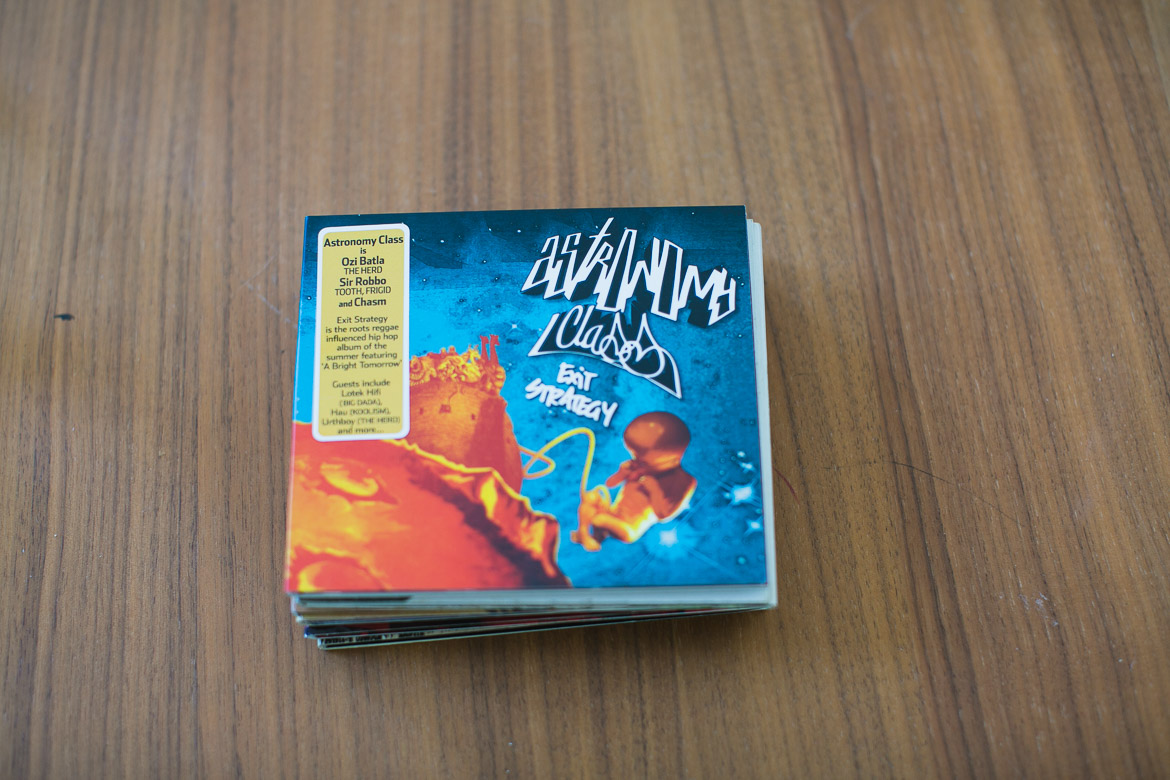
This is a final one you guys wanted to sneak in. Tell us about Astronomy Class?
Solo: I really wanted to sneak this one in because I love Astronomy Class and I love all the dudes involved in it. It’s another strong example of Elefant Traks’ willingness to take a risk on something that isn’t necessarily going to be a commercial smash because they believe in the merit of it. This whole project is about marrying dub, roots, reggae with hip-hop. I don’t know if there was a lot of precedent for it within the country, but it so seamlessly marries those sounds and it also opened me up a lot of genres or styles that I wouldn’t have any knowledge to…
Also, it’s got one of the most criminally slept on songs on the whoel Elefant Traks catalogue, which is ‘No Drop’ featuring Jane Tyrell. It’s this crazy duet that Ozi Batla and Jane Tyrell did. I remember the first time I hung out with Jane, I was gushing to her about this song. We ended up doing ‘In My Haze’ a few years later, and in a way it’s the same approach – a duet that was really closely co-written. I know a lot of people love ‘In My Haze’, and I don’t know if I would have had that idea if it wasn’t for the visionaries of Astronomy Class.
